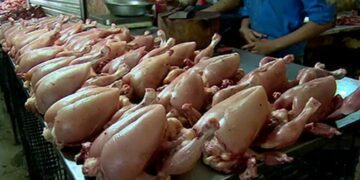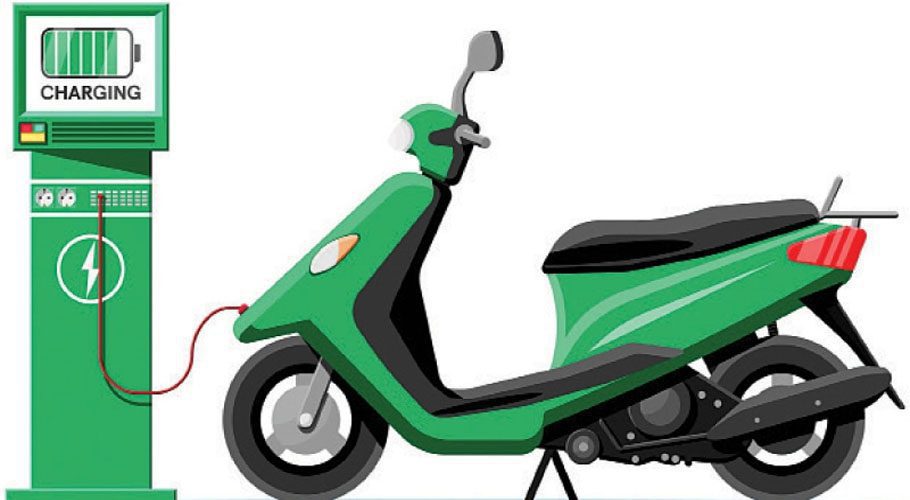![]() Follow Us on Google News
Follow Us on Google News
Afghanistan is the world’s largest opiate supplier and looks to remain so even with the Taliban in power. Now as the contested rulers, the Taliban have vowed to end the surge of addiction, even if by force, but questions remain whether they will be able to implement any meaningful ban.
According to UN Office on Drugs and Crime (UNODC), Afghanistan is the world’s largest producer of opium, accounting for 80% of the global supply. In 2018, it was estimated that opium production contributed 11% to the country’s economy. The United States spend over $8 billion in the last 15 years to end the opium and heroin trade but the strategy failed.
After the Taliban took control, the group vowed that there will no production of drugs or smuggling although armed groups, warlords and corrupt officials are vying for profits and power. The Taliban had banned poppy production when they last remained in power but had to change their stance. It would be an arduous task for the Taliban to implement a complete ban on drugs.
Opium production has gained since the last twenty years and has created a drug economy unlike any other country in the world. In 2020, opium was cultivated on around 224,000 hectares in Afghanistan, one of the highest levels in the country. There are many factors including insecurity, political power and lack of economic alternatives. Now with a humanitarian crisis, many desperate Afghans have nowhere to turn than being addicted to these narcotics.
Opium farming remains a major source of employment in Afghanistan. During the insurgency, the Taliban had profited through taxes on opium crops from farmers. In 2019, it was estimated to provide S100-400 million annually for the Taliban. It was the failure of the US-led forces to end the opium production and the supply route which eventually ends in Europe or other Western nations.
The Taliban’s war on drugs is complicated as the country faces the prospect of economic collapse and humanitarian catastrophe. Sanctions and lack of global recognition have made Afghanistan ineligible for financial support from international agencies. The illicit opium trade is intertwined with Afghanistan’s economy and its turmoil. It needs to be seen if the Taliban manage to fulfill their promise.

















